
Political power isn’t always bound by birthplace. In various parts of the world, some Americans have ascended to the highest offices of foreign governments. Their paths were shaped by historical moments and personal decisions that took them far beyond U.S. borders. Here’s a look at those 10 rulers.
John Fremont: Ruler In California (Bear Flag Republic)

In the summer of 1846, tensions in California reached a boiling point. John Fremont, already known as “The Pathfinder” for his bold expeditions, declared himself military governor. His leadership here was brief, but it foreshadowed a political career that would eventually see him become the first Republican presidential candidate.
Josiah Harlan: Prince Of Afghanistan’s Ghor Province

Josiah Harlan’s journey from Pennsylvania to Afghanistan’s rugged Ghor mountains in 1839 was anything but ordinary. By making strategic alliances and offering bold promises, he secured the title of prince. Known to treat patients without medical credentials, he became the real-life inspiration for Kipling’s “The Man Who Would Be King.”
William Walker: President Of Nicaragua

The year 1856 marked William Walker’s boldest and most infamous act: seizing Nicaragua’s presidency. His controversial decision to restore slavery fueled opposition and hastened his downfall. Attempting another campaign, he was caught in Honduras. There, the story closed with a firing squad.
George Papandreou: Prime Minister Of Greece

In the Midwest of St. Paul, Minnesota, George Papandreou arrived while his father attended university there. Decades on, he led Greece through the challenges of the 2010 economic crisis. His premiership extended a family tradition, following both his father and grandfather into the nation’s highest office.
Edward James Roye: President Of Liberia
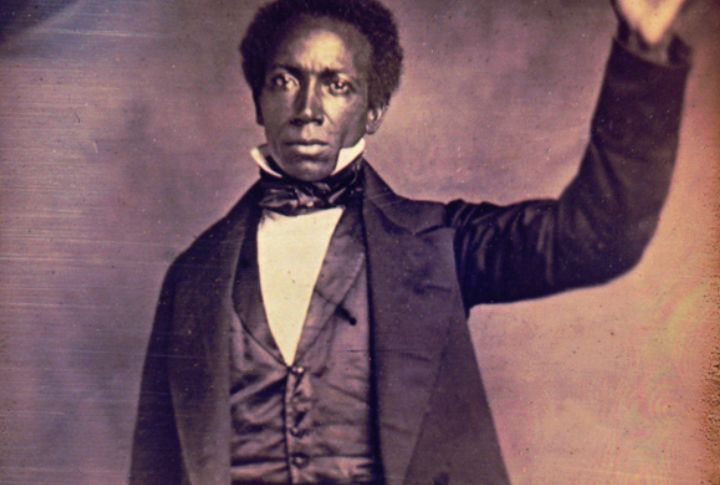
Edward James Roye arrived in Liberia in 1846 with considerable wealth from Ohio. By 1870, he had become its fifth president. His term ended abruptly when he was overthrown amid political turmoil. He died two years later under circumstances that remain shrouded in mystery.
Boris Johnson: Prime Minister Of The United Kingdom
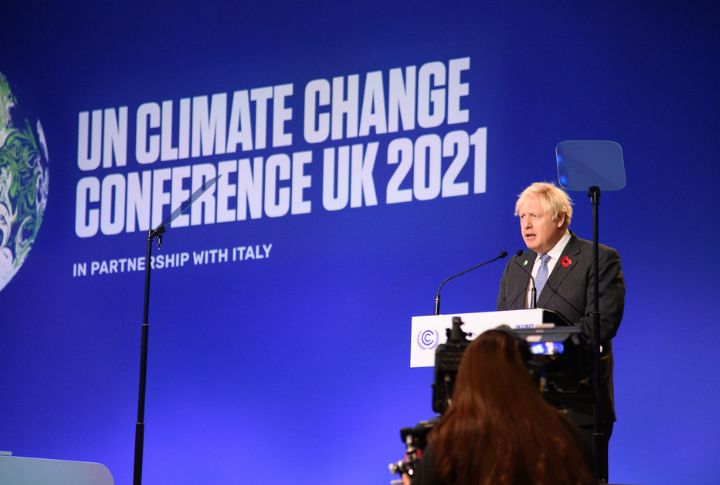
In 1964, New York City was the birthplace of a future British leader. Boris Johnson, after decades in politics, reached the post of Prime Minister in 2019, the first to be American-born. Persistent tax issues prompted him to renounce his U.S. citizenship in 2016.
Mohamed Abdullahi Mohamed (Farmajo): President Of Somalia
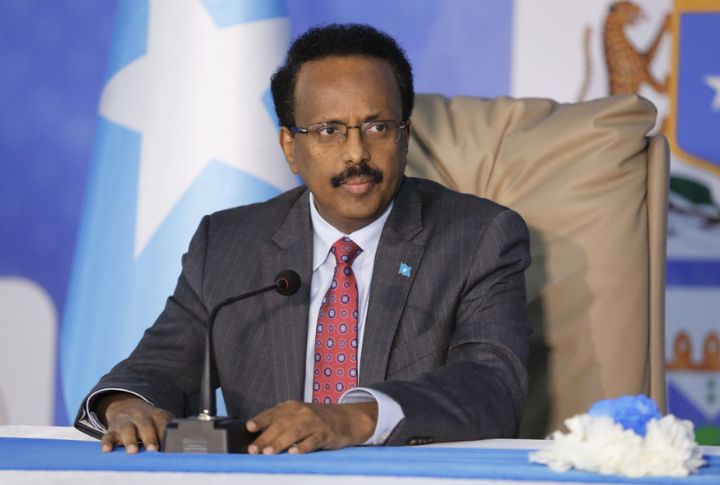
Before entering Somali politics, Mohamed Abdullahi Mohamed spent years in Buffalo, New York, working for the state’s Department of Transportation. Elected Somalia’s president in 2017, he renounced his American citizenship in 2019 while in office.
Joseph Jenkins Roberts: First President Of Liberia
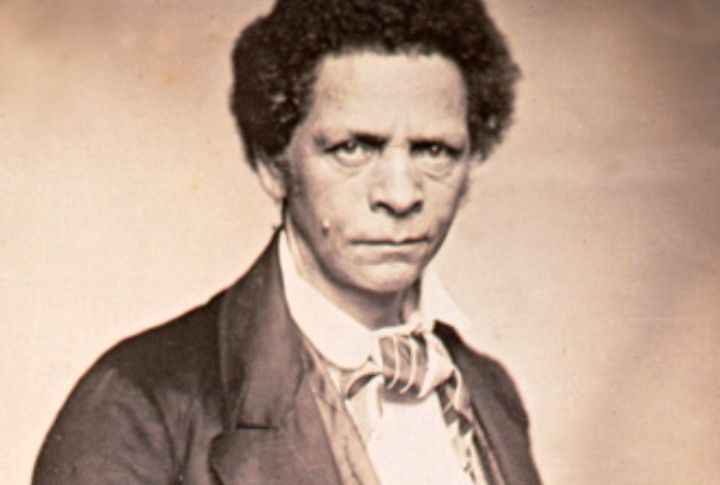
Born in Virginia in 1809, Roberts emigrated to Liberia in 1829. He built a thriving business before becoming the colony’s first black governor. When Liberia declared independence in 1847, Roberts became its inaugural president, serving two terms and shaping the young nation’s early international standing.
Stephen Allen Benson: Second President Of Liberia
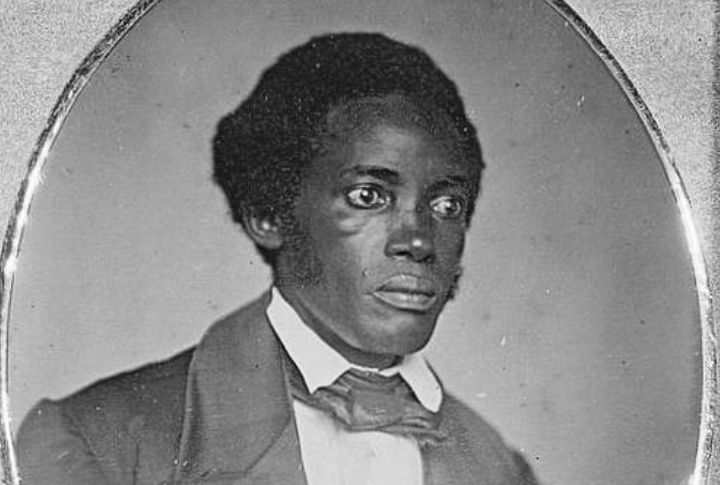
Stephen Allen Benson arrived in Liberia as a child in 1822. Rising through the political ranks, he assumed the presidency in 1856. During his administration, Liberia expanded its borders and gained recognition from several countries, which solidified its place among independent nations.
Sixto Duran Ballen: President Of Ecuador
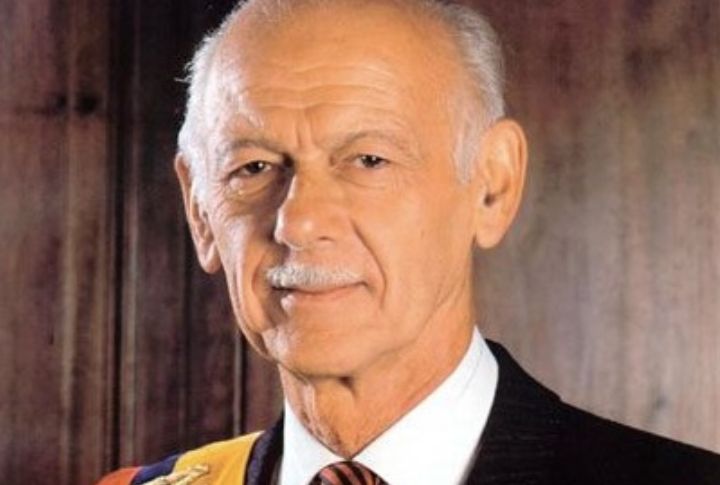
Boston was far from the Andes, yet in 1921, it became the birthplace of Ecuador’s future leader. Sixto Duran Ballen grew up to study architecture at Columbia University. Years later, after serving as mayor of Quito, he won the presidency in 1992 and led Ecuador through a pivotal period until 1996.

